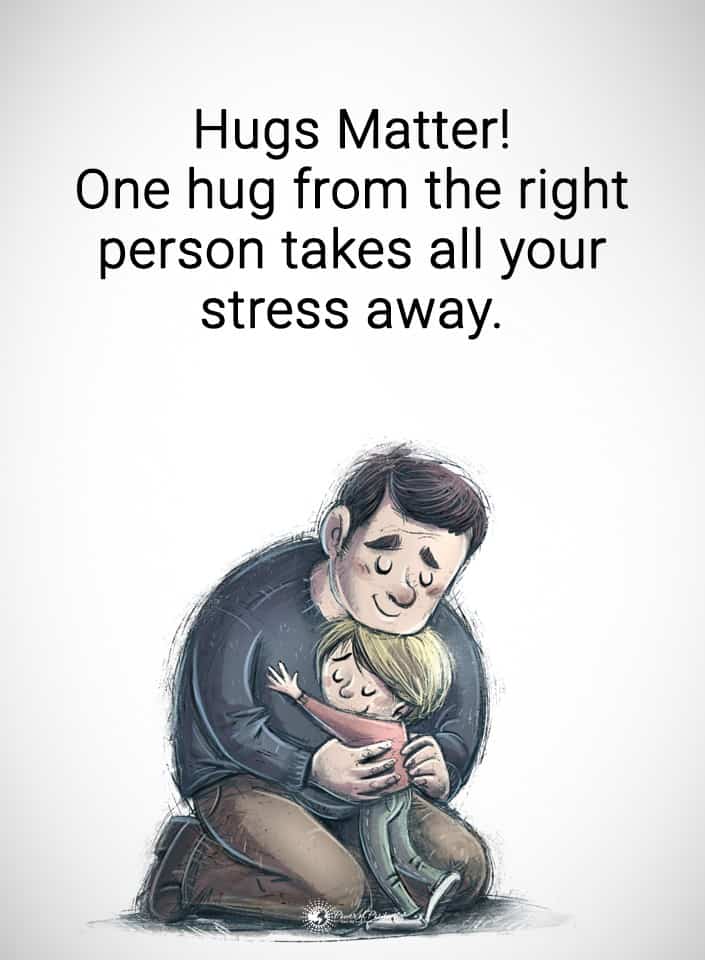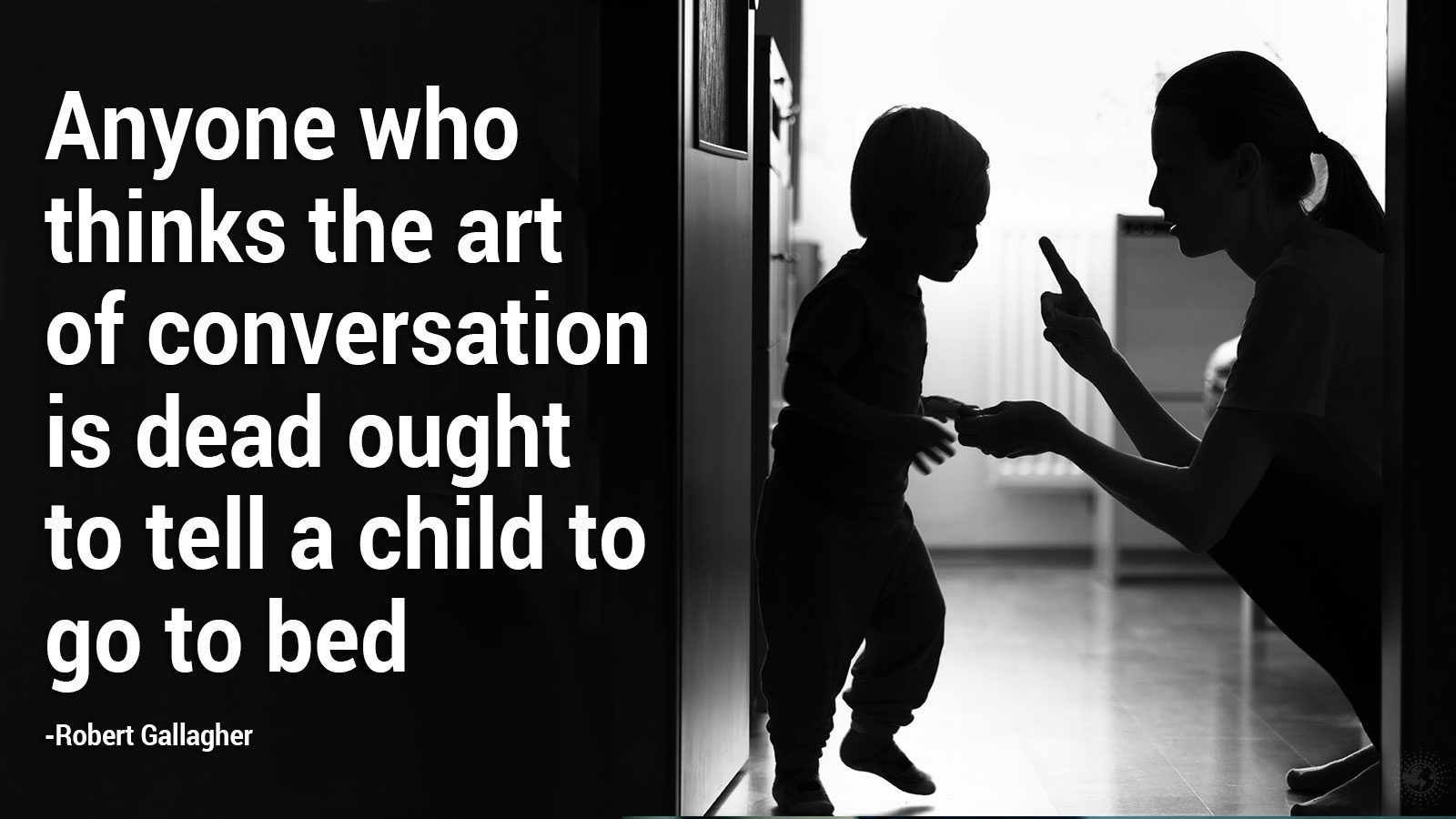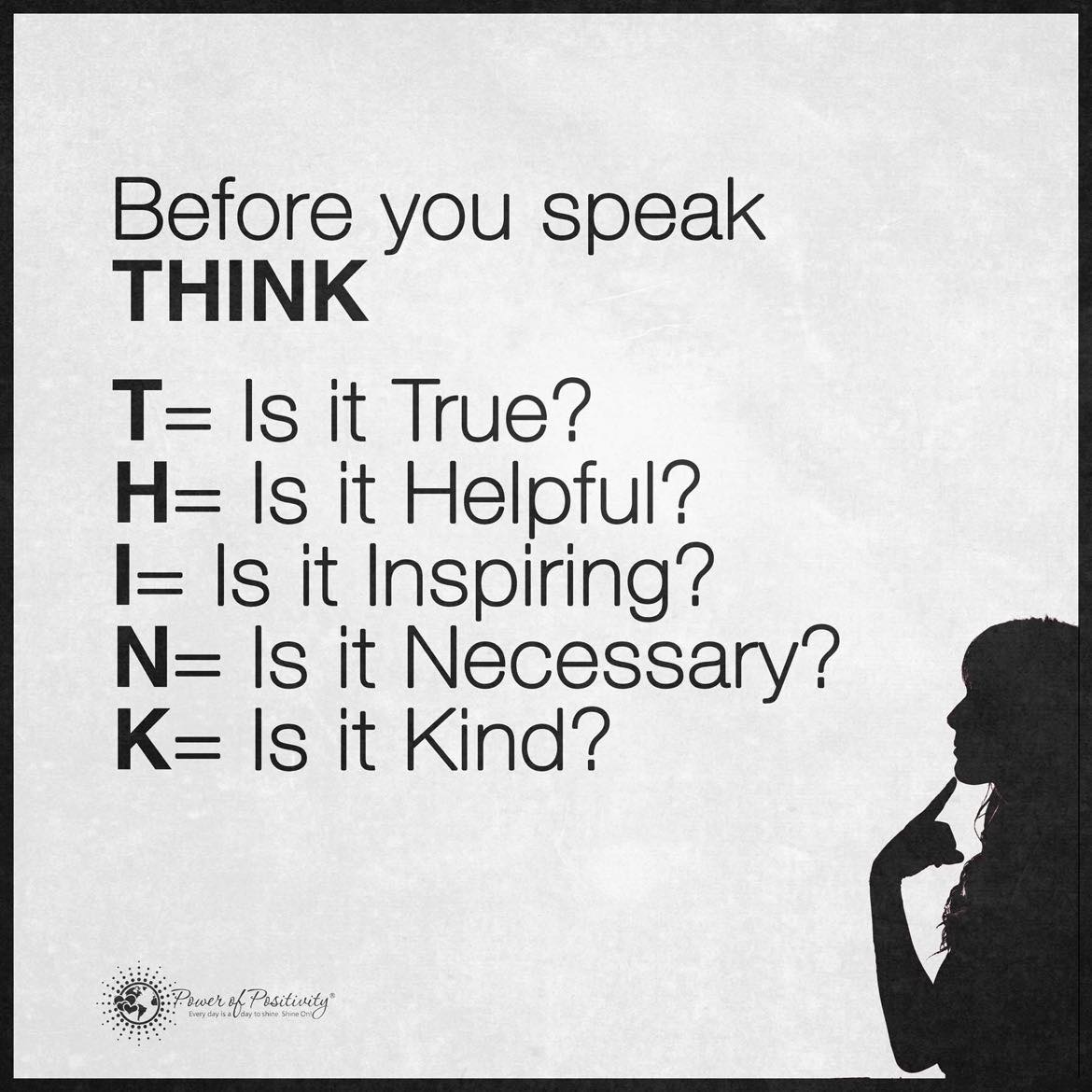Are you tired, stressed out, and don’t know how you will have the energy to keep going? Everyone gets exhausted occasionally, but sometimes, no matter how much sleep you get, the mental exhaustion won’t leave. When your stress levels don’t let up, they can bog you physically and emotionally.
Mental fatigue is different from exhaustion from not getting enough sleep the night before. It’s a tiredness that reduces your ability to function at an average pace. Your cognitive activities are slow, and you feel off. People fighting this mind tiredness might experience the following signs:
- Lethargy
- Inability to concentrate
- Anxiety
- Depression
- Sleeping too much or too little
- Pessimistic outlook
- Appetite variations
- Mood swings
- Headaches
- Detaching yourself from family and friends
- Motivation issues
It’s easy to go from this state to one of mental concern. For instance, those who aren’t getting proper sleep might feel stressed and depressed. It’s essential to notice the symptoms of this exhaustion and get help.
Ten Habits That Help Fuel Mental Exhaustion
Many people say they’re tired these days, as life brings constant strain. However, have you ever heard someone tell you that they’re so exhausted their soul is tired, or perhaps you feel this way? Here are the ten most common habits that will cause you profound mental exhaustion.
1. Unhealthy Foods Contribute to Mental Exhaustion
You can put your body in a state of oxidated stress when you ingest foods high in fats and sugars. You must make time for eating healthy, no matter how complex planning and shopping are on you. You might want to check your diet first if you’re feeling run down and can’t go on due to exhaustion.
2. Sleep Isn’t a Priority
When you don’t have enough hours in the day, you start borrowing them from the night. You cannot bargain with your sleep time, as it will run your body down quicker than anything. According to the Sleep Foundation, you must get seven to nine hours a night.
While you may think you can go on five hours, your body needs this time to rest and repair damages from the day. Your immune system is complicated at work fighting off any invaders you’ve encountered, and you must allow it time to heal itself. While you may get away with the lack of sleep for a while, eventually, it will take its toll on you.
3. Your Work-Life Balance Is Off
You can only work so many hours in a day or week till your body will just shut down. It would help if you had a healthy work-life balance to fulfill all aspects of your life.
If you’re working way too much, you won’t have time to dedicate to your friends and family members who want to see you. Don’t forget you have other chores like cooking, cleaning your house, and taking care of your immediate family.
4. People Who Have Mental Exhaustion Often Skip Self Care
Everybody has different thoughts about what self-care means to them. However, it would help if you did those things for yourself that make you feel good. Maybe you like to go to the mall, get your hair done, buy a new outfit, or curl up on the sofa and read a good book.
Whatever you like to rest and rejuvenate your mind, you need to make sure you have time for it.
5. Not Saying “No.”
It’s not uncommon for people to take on more than what they can handle. When you overcommit yourself, you take on more than you can manage.
You do this because you want people to like you and not offend them. However, you’re just exhausting yourself.
6. Constant Pressure
Many things in your life can cause you to be under constant pressure. Your job is demanding, your family needs you, and you may have marital or health issues on top of it. One of the most compelling sayings about depression states that someone who is depressed isn’t weak, but it’s just a sign that this person has been strong for way too long.
When you’re under constant pressure, you only wear yourself down and exhaust yourself mentally. Yes, stress can make you sick.
7. Procrastination May Stem from Mental Exhaustion
Are you guilty of putting off things today because you can do them tomorrow? Procrastination is a big problem with mentally exhausted people. Your life’s inbox was already full, and now you’re just moving things over and making the next day seem impossible. It’s an excellent recipe for anxiety and exhaustion before you even get to your tomorrow.
8. Unachievable Task List
Many folks create their daily task list with the thought that they’re a superhero. They feel like Wonder Woman or Super Man with inhuman strength and powers. Stop setting yourself up for failure, and don’t put more on your list than you can manage.
9. Cluttered Environment
If you think all that clutter at your office or home isn’t affecting you, then guess again. According to Dr. Sherrie Bourg Carter from Psychology Today, she states that a cluttered space can make you feel anxious, helpless, and overwhelmed.
You can’t relax when your space is overflowing with stuff, and it’s also causing your senses to work overtime. You’re overstimulating your sense of sight, smell, and touch by forcing them to be on edge. This environment can cause you great anxiety, and it’s not an environment conducive to work.
10. No Identifiable Reason
Sometimes, there’s no known reason for feeling mental exhaustion. It’s also possible that several issues cause it, and it’s not just one thing. Evaluate your life, and if there’s been things like a divorce, death of a loved one, job loss, sickness, or another major upheaval, it can be what’s behind your inability to cope.
Five Ways to Beat Your Mental Exhaustion
Now that you know all the reasons that cause you to be exhausted, you need to know how to handle them. Here are five ways to beat your mental tiredness and get back to living.
1. Make Self-Care Important
If you work too much and don’t make yourself a priority, you will self-destruct. It would help if you had downtime to relax and chill, as it will make you feel so much better.
2. Meditate to Overcome Mental Exhaustion
Meditation is one of the simplest things you can do to help you clear your mind and release tension. All you need is about 20 minutes a day to start reaping the benefits. Best of all, if you feel overwhelmed at work or even at the mall, you can take a few minutes to meditate and calm yourself.
3. Cut Back on Your to Do List
There’s no competition where you win a prize if you get ten things done today. Stop putting so much on yourself that you can’t breathe.
If you’re so busy that you meet yourself coming and going, you will burn out. Clear your schedule and make time for the most important things.
4. Learn To Say “No.”
Sure, you want to be a good person and do things for others, but you can only handle so much. You only have so many resources. If you can help, then you should, but not for the sake of exhausting yourself. However, learn appropriate boundaries and when to say “no” to things.
5. Get Help
The burdens you carry in life are often much too significant to handle alone. If you have a medical condition that’s not treated, then seek medical help. If you’ve been through a massive life event and can’t process it, then seek counseling.
The important thing is to reach out to a support group or professionals that can assist you in this part of your journey. You’re never going to heal and get better until you learn to let go and find peace with the circumstances.
Final Thoughts on Avoiding Mental Exhaustion
Sometimes getting rid of your mental exhaustion requires doing some soul-searching and evaluating your life. What are the things that hold you back and cause you so much grief? Is it your job, your spouse, kids, bills, health?
Whatever the root causes, you need to resolve them. Until you get to the root and fix the problem, you’re never going to find peace. Think of your life like a clogged sink in your home. You’ve dumped those chemicals down there that promise to open it.
While it allows a little bit of water to drain, it’s still got a massive clog that’s preventing a nice flow. So, you call the plumber because it needs fixing. The professional found a toothpaste cap that was impeding the flow. Once he removes the issue, everything goes back to normal.
Now, what is it that’s stopping up your internal flow? Is it something that you can easily remove, or is it going to take the help of a professional? Whatever it takes, you need to resolve it as the mental exhaustion will frazzle you and wear you down if you don’t take proactive measures.
Today is the day to change your life for the better, and you hold power for that change.




















